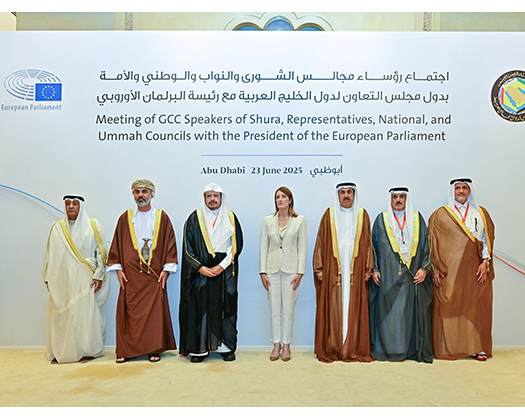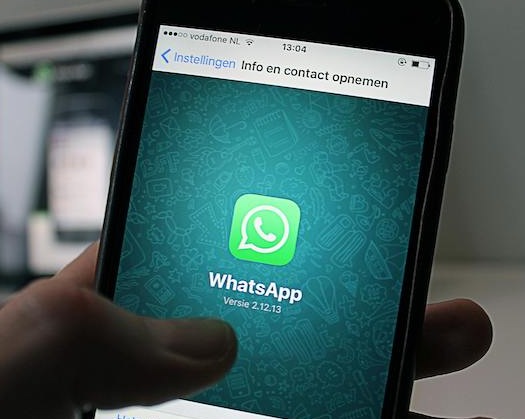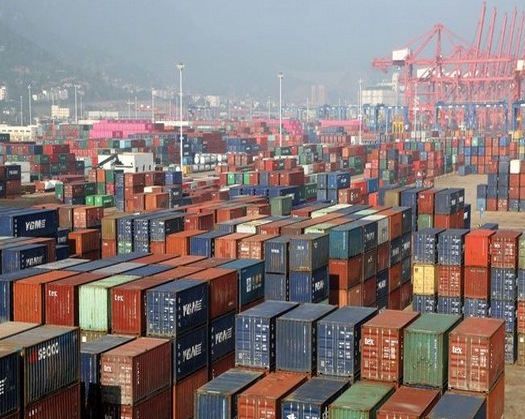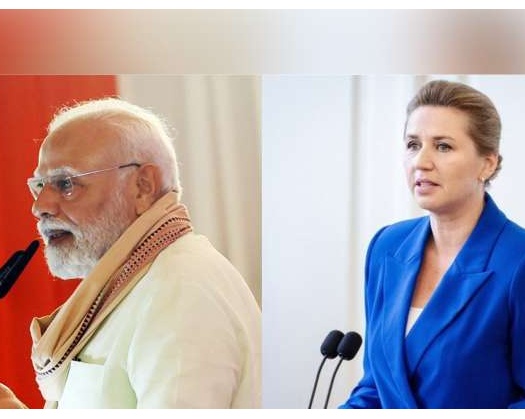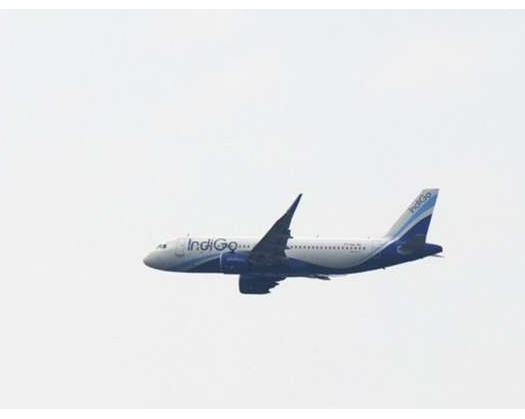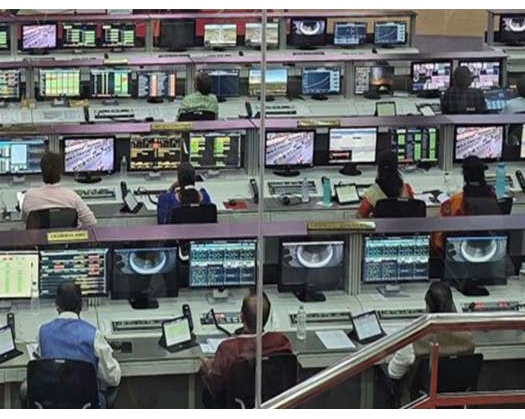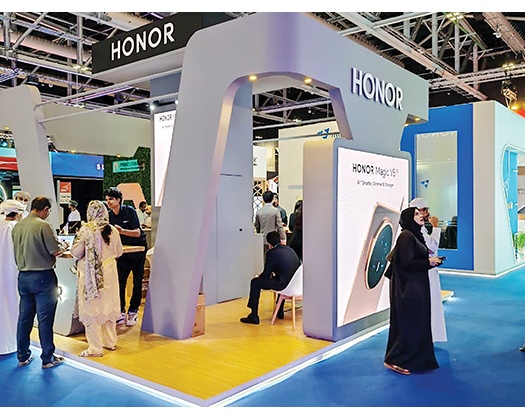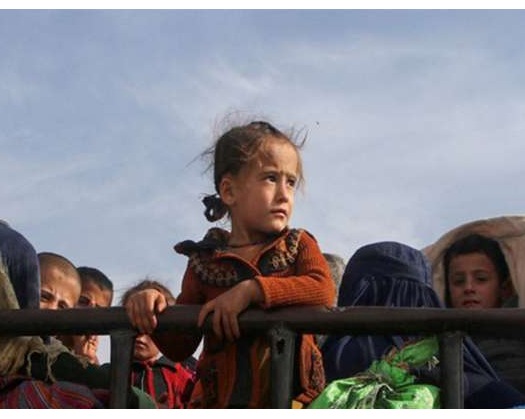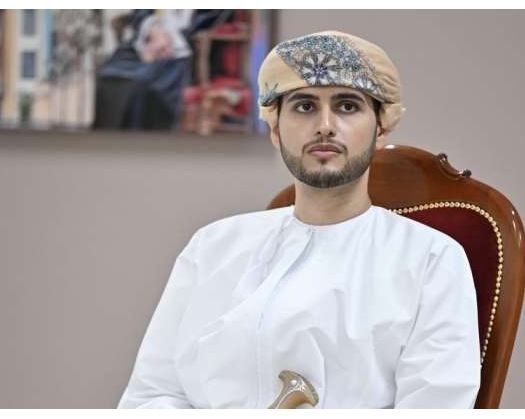Muscat: On Monday, the Shura Council took part in the Gulf-European Parliamentary Meeting in Abu Dhabi, United Arab Emirates, along with the heads of the Shura, National, and Parliamentary Councils of Gulf Cooperation Council (GCC) states and Roberta Metsola, President of the European Parliament.
The meeting is part of both sides' ongoing efforts to open avenues for fruitful dialogue and increase cooperation on a variety of mutual issues.
During the meeting, Khalid Hilal Al Maawali, Chairman of the Shura Council and head of the delegation, gave an address in which he stated, "The GCC leaders' wise directives and forwardlooking vision serve as a guiding compass for our legislative bodies in such forums. " These meetings seek to enhance collaboration among our nations and institutions, deepen connections with regional and international partners, and work toward shared objectives. Inspired by this goal, we strive to improve coordination, share experiences, and strengthen bilateral ties that lead to economic and developmental integration, resulting in a more prosperous and stable future for our nations.
He praised the results of the joint final communiqué from the first EUGCC Leaders' Summit, titled "Strategic Partnership for Peace and Prosperity," as well as the outcomes of the GCC-European Parliamentary Committee meeting with the Delegation for Relations with the Arabian Peninsula in the European Parliament.
He stressed the significance of this parliamentary channel in strengthening EU-GCC relations, notably through increased collaboration in the economic and development sectors to attain equitable growth.
He also emphasized the importance of increasing cooperation in areas such as climate change, regional security, and humanitarian support in disaster-stricken places. He also advocated for an immediate ceasefire in Gaza, unhindered humanitarian access, and concerted efforts to resolve the Israeli-Palestinian conflict by establishing an independent and sovereign Palestinian state in accordance with international resolutions and the Arab Peace Initiative—allowing peoples to live in freedom, dignity, and safety with full respect for fundamental human rights.
In conclusion of his comments, Al Maawali remarked, "We are concerned about the recent interactions between the Islamic Republic of Iran and Israel, which endanger regional stability and undermine international efforts—particularly those led by the United States and Iran—to reach a peaceful agreement. " We feel that parliaments and legislative councils have a responsibility that goes beyond law creation and monitoring to include the defense of humanitarian ideals and the opposition of aggressive policies that contravene international law and the UN Charter. Therefore, we encourage national, regional, and international parliaments to adopt explicit and responsible positions that contribute to de-escalation, endorse peaceful solutions, and safeguard people’s rights to secure, sovereign, and stable lives. ”
The joint meeting addressed important priority areas such as food and energy security, climate change, the transition to renewable and clean energy sources, the Fourth Industrial Revolution, digital transformation, and the part of advanced technologies in supporting sustainable development.
Participants commended the GCC-European Union strategic relationship, which is based on mutual respect, cooperation, and shared interests in promoting security, stability, growth, and prosperity on both sides.
They emphasized the need of increasing collaborative efforts to create cooperative frameworks for addressing urgent issues including climate change, energy security, sustainable development, and counterterrorism, as well as spreading universal human ideals of coexistence and tolerance.
On the sidelines of the meeting, attention was paid to the recent, worrying developments in Gaza and the Middle East. Both sides emphasized the necessity of protecting civilians and civilian infrastructure, including healthcare facilities, in compliance with international law. They cautioned about the serious implications of the current surge and its effect on global peace and regional stability.
The participants advocated for an immediate stop to violations, protection of lives, and secure, sustained delivery of humanitarian assistance to Gaza.
They requested a ceasefire in the region, as well as the release of hostages and detainees, stating that a two-state solution remains the only viable path to a just and complete peace.
The Gulf-European dialogue included international efforts to end the Ukraine war, reaffirming the commitment to peaceful resolution.
They appreciated the efforts of GCC nations in supporting ceasefire attempts, improving maritime security in the Black Sea, and delivering humanitarian assistance to Ukraine, which included prisoner swaps and family reunification. They agreed that the conflict continues to create extensive humanitarian suffering and undermine regional security.
In light of the current geopolitical situation in the Gulf, both sides stressed the importance of de-escalating tensions, containing conflicts, exercising caution, and prioritizing diplomacy and dialogue as essential means to preserve regional and worldwide peace and security.
They emphasized their keen desire to continue this fruitful strategic dialogue, recognizing the critical role that parliaments play in enhancing Gulf-European relations.
It is significant to highlight that the joint Gulf-European Parliamentary Meeting represents a genuine commitment from both sides to deepen ties to new levels of depth and inclusivity through active parliamentary diplomacy, improved political coordination, and economic, technological, and social cooperation—aligned with the GCC and European Union peoples' and nations' aspirations for a future of greater peace, security, and prosperity.
The Shura Council group attending the meeting consists of Ahmed Mohammed Al Nadabi, Shura Council Secretary General, and Jamal Ahmed Al Abri, Council Member.

